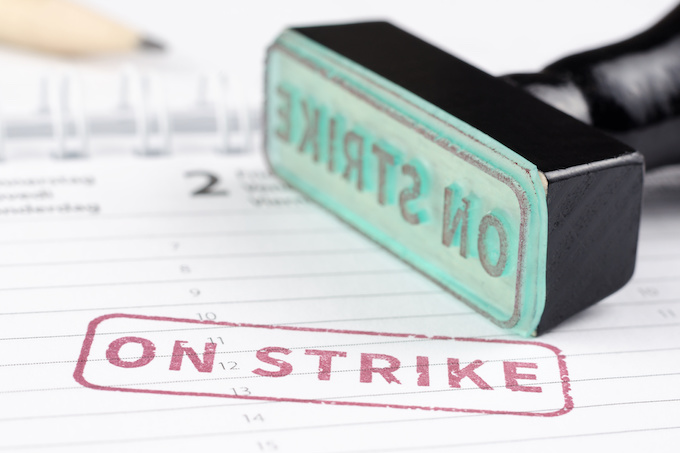Teacher strikes confirmed for March 16
Primary school teachers, principals and ECE members of NZEI Te Riu Roa have voted to take strike action on Thursday 16 March.

Primary school teachers, principals and ECE members of NZEI Te Riu Roa have voted to take strike action on Thursday 16 March.
They join their secondary school colleagues of the PPTA Te Wehengarua union in taking strike action on Thursday, making it the largest teachers’ strike since 2019. Collectively, up to 50,000 teachers will be taking industrial action.
Read the Term 1 edition of School News HERE.
The strike follows the announcement that NZEI Te Riu Roa members rejected a second collective agreement offer from the Ministry of Education, stating that it didn’t meet their demands for increased staffing and funding. It’s hoped these demands will address the current workforce shortage in the teaching profession, by making the profession more attractive to potential teachers, and retaining existing teachers.
NZEI President Mark Potter said funding and understaffing, child: teacher ratios and sick leave were “serious issues” which went unaddressed in the latest offer. He described the pay component – which did not meet cost of living – was only a part of the decision to strike.
“The current offers from the government don’t do enough for teachers, principals or tamariki,” said Potter.
“Of course, the rising cost of living plays into this, but the bigger picture is that if we are to retain and attract quality educators we must improve work conditions in the sector.
“We all want the best for our students, but without changes to the system we can’t give it to them. This affects tamariki, because teacher’s working conditions are children’s learning conditions.”
Negotiations over a new collective offer have been ongoing since May of 2022. Acting president of PPTA Te Wehengarua, Chris Abercrombie, said “there has been plenty of time for the Government to make us an acceptable offer. Sadly, that hasn’t happened.”
Secondary teachers’ demands include pay rises in accordance with rising cost of living, more guidance around increasing numbers of rangatahi struggling with mental health and other complex issues, recogition of kaiako Māori and more effective workload controls. Secondary school teachers have already been participating in an internal relief strike, refusing to cover for sick or absent colleagues using their release time.
Abercrombie said that these poor working conditions were contributing to the shortage of secondary teachers.
“Improvements to both teacher salaries and working conditions are essential to keep experienced and skilled teachers in the job, attract top graduates to become secondary teachers and encourage thousands of ex-teachers to return to the profession they left.”
Abercrombie also echoed Potter’s words, stating that “the education of the next generation of secondary students will be seriously compromised. Our ākonga and our country deserve much better.”









